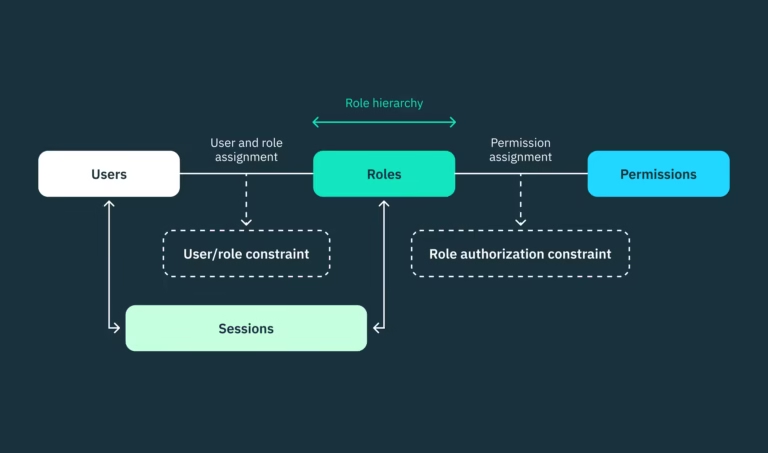
Introduction:
When it comes to mental health, it’s time to break the silence and debunk the myths that surround it. Unfortunately, there are many misconceptions and stereotypes that contribute to the stigma surrounding mental health issues. In this blog post, we will shed light on 10 common mental health myths that we need to unlearn.

Myth 1: Mental Illness is Rare
Contrary to popular belief, mental illness is not rare. In fact, it affects millions of people worldwide. According to the World Health Organization, approximately 1 in 4 people will experience a mental health problem at some point in their lives.

Myth 2: Mental Illness is a Sign of Weakness
Mental illness has nothing to do with weakness or lack of character. It is a medical condition just like any other physical illness. It’s important to remember that mental health issues can affect anyone, regardless of their strength or resilience.

Myth 3: People with Mental Illness are Violent
This myth has been perpetuated by the media, but the truth is that people with mental illness are more likely to be victims of violence rather than perpetrators. The vast majority of individuals living with mental health issues are non-violent and pose no threat to others.

Myth 4: Children Cannot Have Mental Health Problems
Mental health problems can affect people of all ages, including children. In fact, half of all mental health conditions begin by the age of 14. It’s crucial to recognize the signs early on and provide the necessary support and treatment.

Myth 5: Mental Health Problems are Permanent
With the right treatment and support, many individuals with mental health problems can recover completely or manage their symptoms effectively. Mental illnesses are not a life sentence, and it’s important to provide hope and encouragement to those struggling.
Myth 6: Only Women Experience Mental Health Problems
While it’s true that women are often more likely to seek help for their mental health issues, men also experience mental health problems. Unfortunately, societal expectations and gender stereotypes can prevent men from seeking the help they need.
Myth 7: Seeking Help is a Sign of Weakness
Seeking help for mental health issues is a sign of strength, not weakness. It takes courage to reach out and ask for support. Mental health professionals are trained to provide guidance and treatment to those in need.

Myth 8: Medication is the Only Solution
While medication can be helpful for some individuals, it is not the only solution for mental health problems. Therapy, lifestyle changes, and support systems all play a crucial role in managing mental health issues. Treatment plans should be tailored to the individual’s specific needs.
Myth 9: Mental Illness is Just a Phase
Mental illness should never be dismissed as a phase or something that will simply go away on its own. It is a serious medical condition that requires proper attention and treatment. Ignoring or downplaying mental health issues can have severe consequences.
Myth 10: You Can’t Prevent Mental Health Problems
While not all mental health problems can be prevented, there are steps that can be taken to promote good mental health. Building resilience, maintaining a healthy lifestyle, and seeking support when needed can all contribute to overall mental well-being.
Conclusion:
It’s time to break the stigma surrounding mental health and unlearn the myths that perpetuate it. By educating ourselves and others, we can create a more understanding and compassionate society. Remember, mental health matters, and everyone deserves support and understanding.









